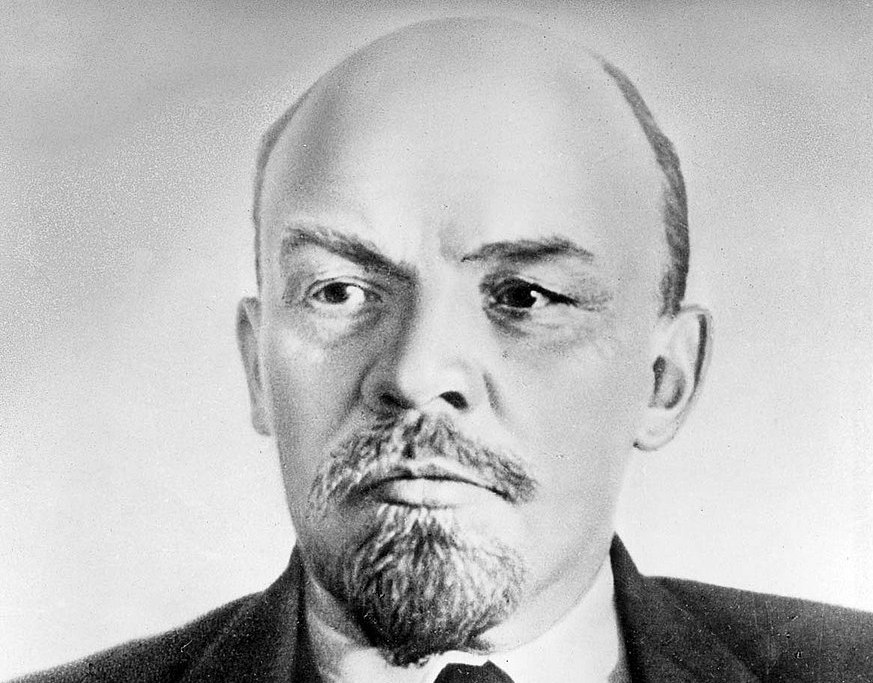Wikimedia Commons / CC-BY-SA-3.0 / GFDL
Vladimir Lenin
(Soviet Leader)
22 April 1870 – 21 January 1924 (aged 53)
Lenin was a Russian communist revolutionary, who led the Bolshevik Revolution, founded the Russian Communist Party, and went on to become the first leader of the Soviet Union.
Having consolidated power, opponents of Lenin and his party were suppressed by a violent campaign known as the ‘Red Terror’.
Many tens of thousands were killed, while much more were interned in concentration camps.
During his final years, Lenin had numerous health problems, suffered multiple strokes, the last of which left him unable to speak and partially paralyzed for the last year of his life.
Following his death at the age of 53, his body was embalmed and placed in a mausoleum on Red Square in Moscow.
Vladimir Ilyich Lenin is widely considered one of the most influential and controversial people of the 20th century.
Franz Kafka
(Author)
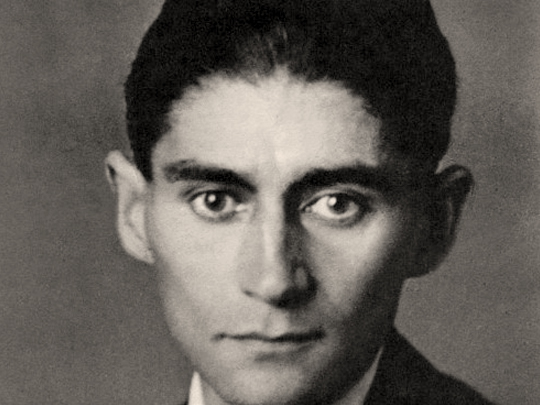
3 July 1883 – 3 June 1924 (aged 40)
Kafka was an Austro-Hungarian, now the Czech Republic, author, regarded as one of the most influential writers of the 20th century.
Interestingly, at the time of Kafka’s death, he was a little-known author.
However, much of his work was published by a friend after his death from tuberculosis.
It was from World War II onwards that his work became both popular and influential.
Woodrow Wilson
(U.S. President)
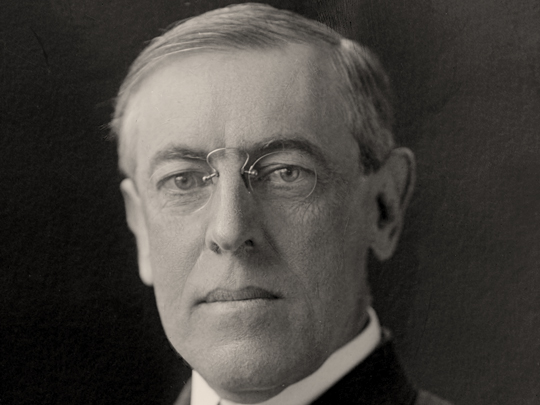
28 December 1856 – 3 February 1924 (aged 67)
Wilson was the 28th President of the United States, who helped to lead his country through World War I.
Wilson negotiated the Treaty of Versailles at the end of the war and was awarded the 1919 Nobel Peace Prize for sponsoring the formation of the League of Nations.
Amongst his finest achievements were his support of the Nineteenth Amendment to give equal voting rights to women, and labor reforms to help the average American.
However, his record on matters of race was terrible, with segregation being implemented in the Post Office Department under his reign, while many of his comments did nothing to dispel his negative attitude towards Black Americans.
Wilson suffered declining health in his final years, with both his left leg and arm paralyzed. He died at the age of 67 and was interred in Washington National Cathedral.
Giacomo Puccini
(Composer)

22 December 1858 – 29 November 1924 (Aged 65)
Puccini was an Italian opera composer who is regarded as one of the most influential composers of all time.
Amongst his most popular works are La Bohème, Madame Butterfly, and Tosca, with these being some of the most often performed works in operatic history.
George Mallory
(Mountaineer)
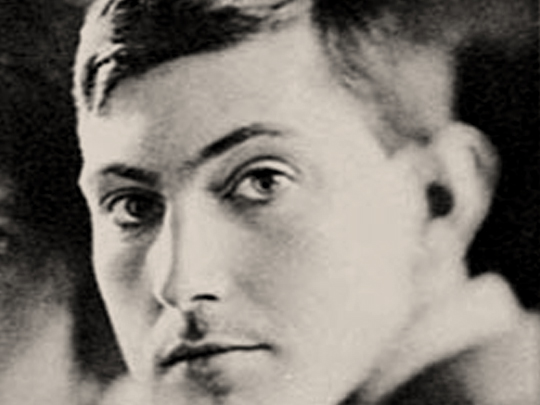
18 June 1886 – 8–9 June 1924 (aged 37)
Mallory was an English mountaineer who participated in the first British expeditions of Mount Everest.
Mallory and fellow climber, Andrew Irvine, were last seen approx. 800 feet below the summit while attempting their ascent in June 1924.
It is not known whether the men made it to the peak before they succumbed to the elements.
Mallory’s body was only discovered in 1999, while Irvine’s body was never found.
Joseph Conrad
(Writer)
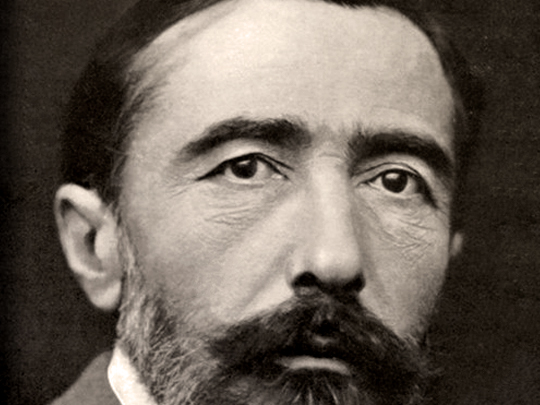
3 December 1857 – 3 August 1924 (Aged 66)
Conrad was a Ukranian-born writer, who was raised in Poland, before going on to spend two decades as a mariner on French and British merchant ships.
He became a British citizen in 1886, before beginning his career as a writer, drawing on his experiences of life in Poland and his years at sea to explore the human psyche.
He is now recognized as one of the great English-language novelists.
